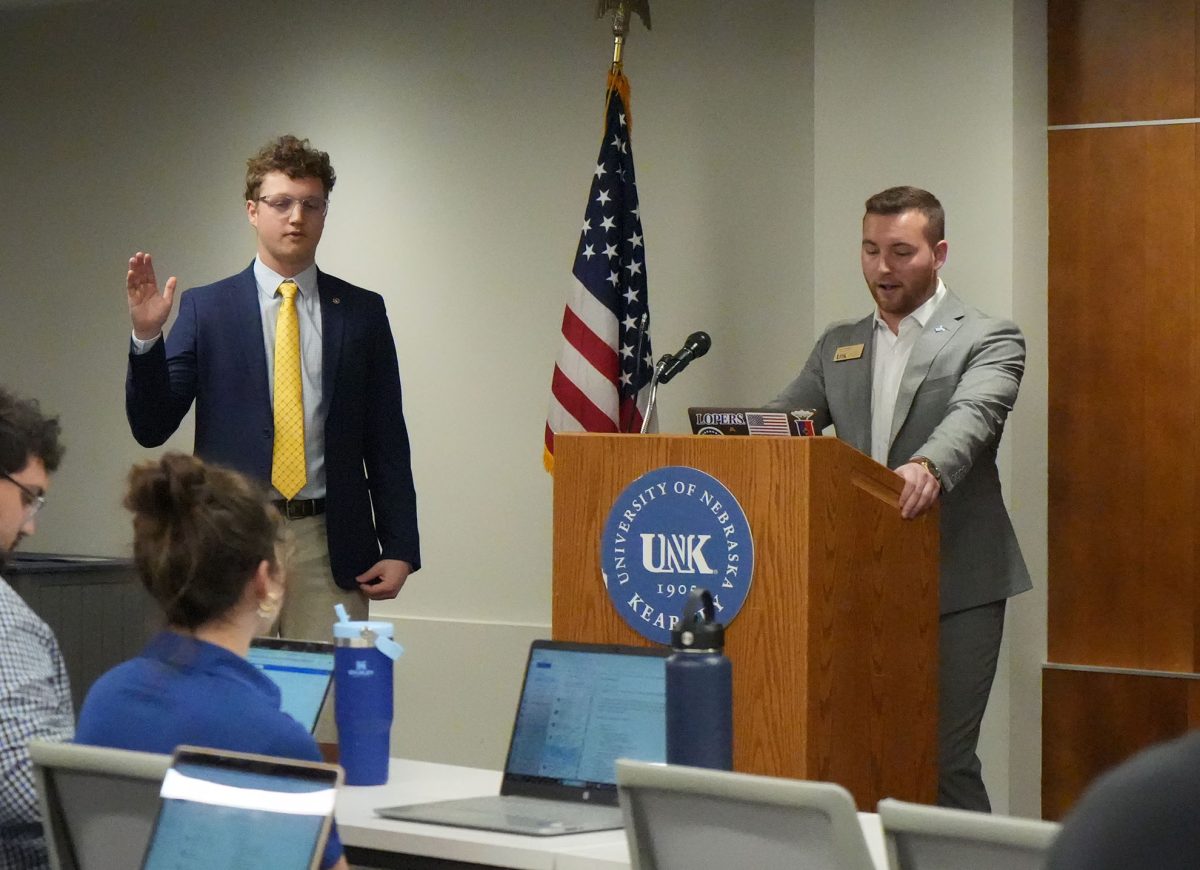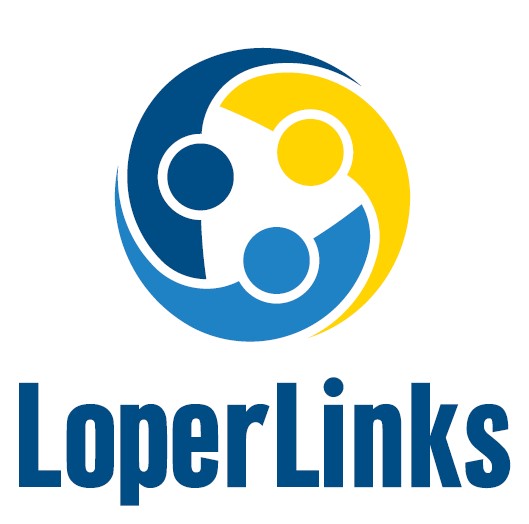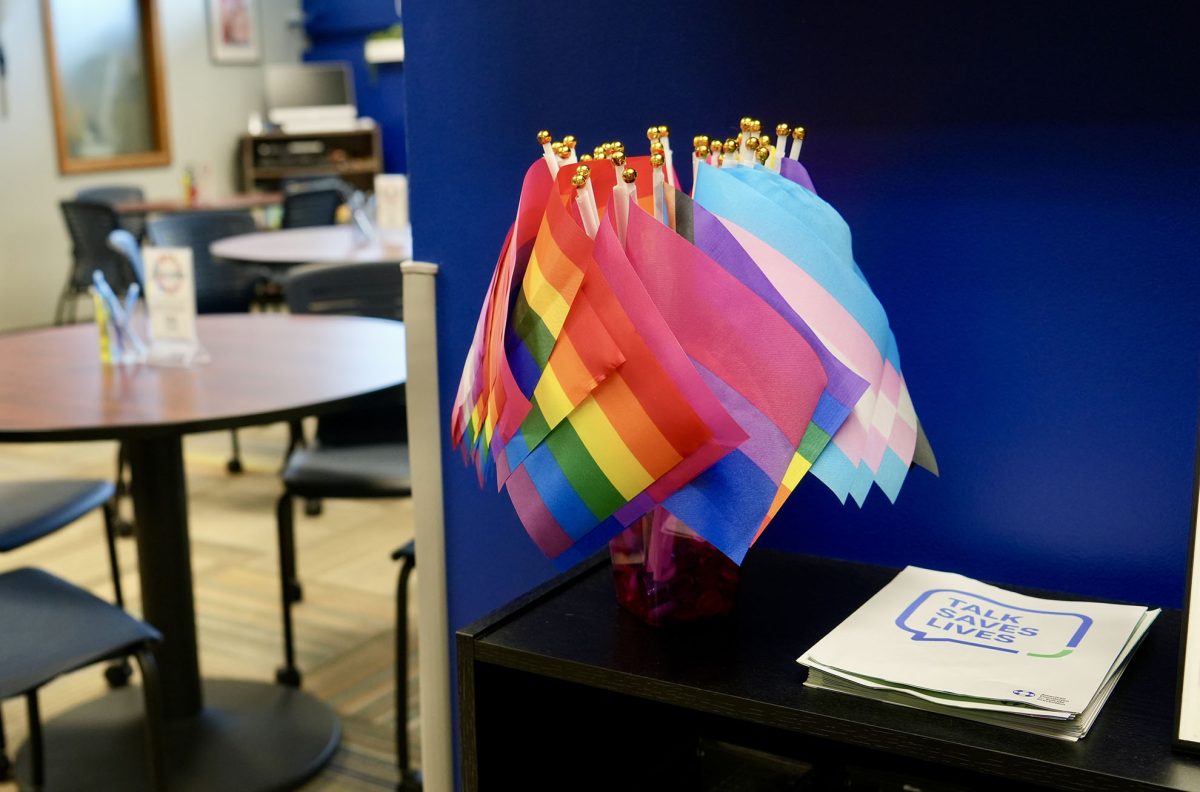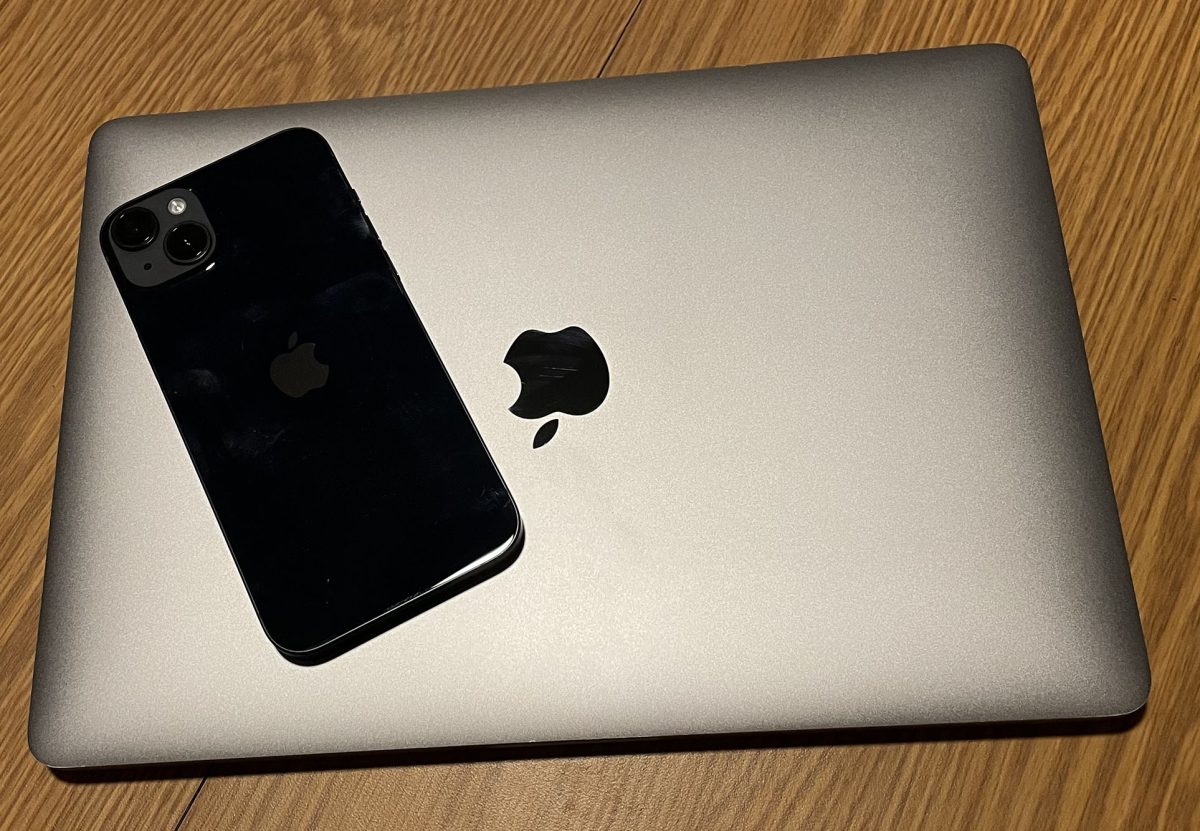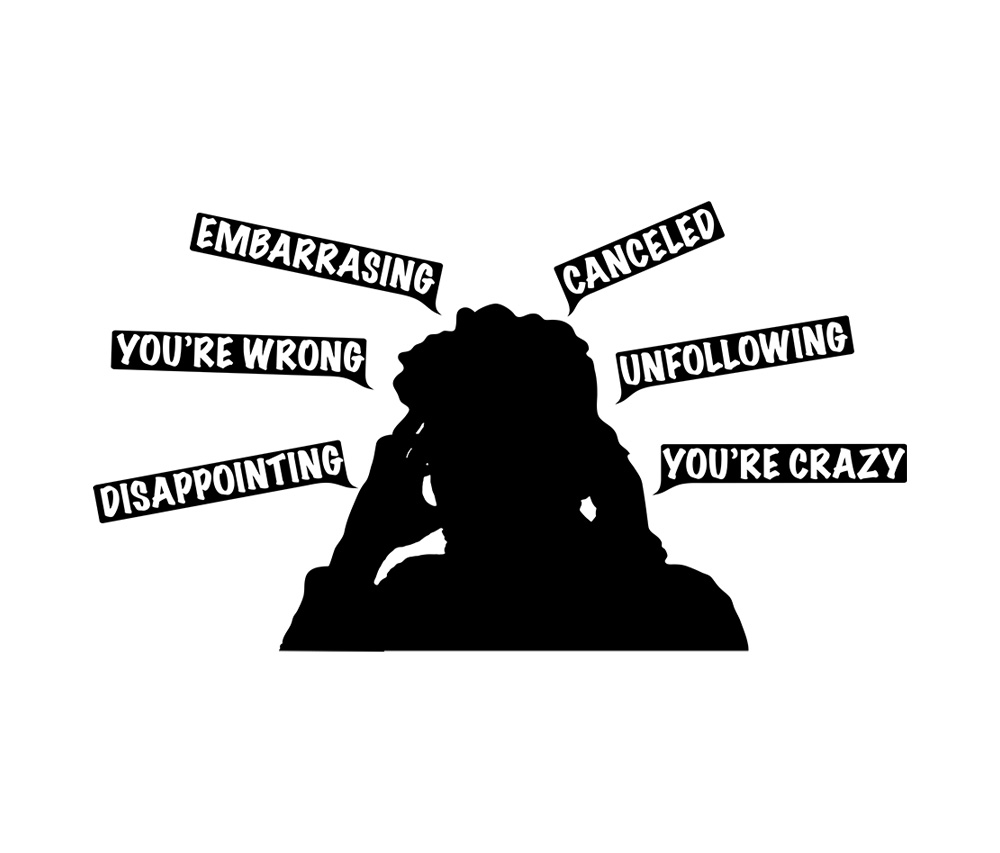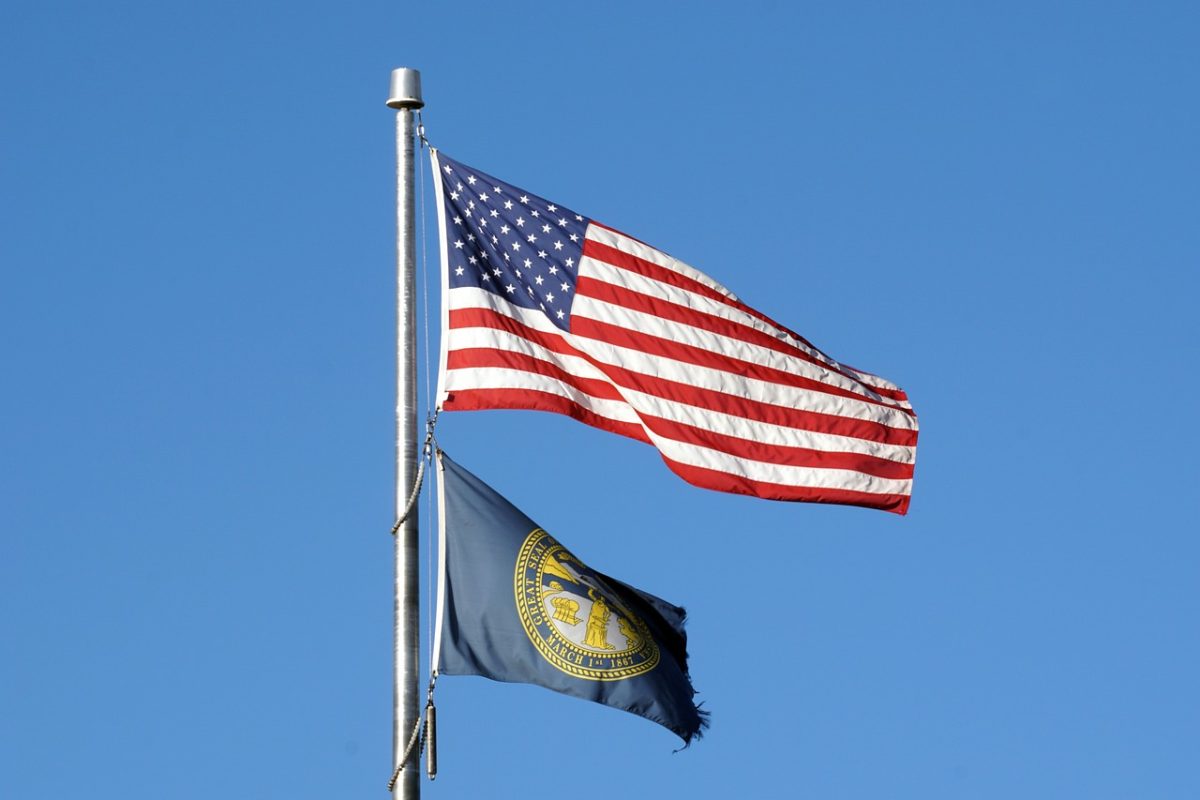Since the first day of Donald Trump’s second term as president, several companies have declared they are rolling back their diversity, equity and inclusion practices. These companies include McDonald’s, Amazon, Meta and other major corporations.
While it isn’t surprising that billionaires are kowtowing to Trump, it is surprising how quickly they were willing to do it. It seems as though these companies were just waiting for the right time to pull the plug on progress.
The importance of DEI should not have to be stated, but if the political environment has anything to say about it, perhaps it should be given a second look.
The acronym, which has been co-opted to mean any working individual that doesn’t have white skin, has gained the ire of the Republican party. It is worth going through each of the words of the acronym and breaking it down into digestible pieces.
Diversity does not just mean diversity of skin color, it means diversity of backgrounds, which may or may not have skin color attached. If an architect wanted to know how to best utilize a space in an economically disparaged area, they wouldn’t consult someone who had lived in a suburb; they would consult someone who lived in a similar place. A person from an economically challenged background might have more insight into a company’s failures to market to a specific audience than a person from a higher-status background would.
Equity refers to something a little bit more than equality. It means doing the work to ensure that people of protected classes are at the same level as those who are not in a protected class. For example, a company should do more to include a black woman who has had to put in twice and sometimes three times the effort of a white man to get where she is. This means truly considering her for a higher position rather than simply including her in the hiring process.
Inclusion means bringing more people in. Some people confuse this with exclusion. If a company wants to include more people from protected classes, some people think that means firing and excluding those who are not in a protected class. This is categorically false. A company practicing inclusion would hire the same amount of people who are not in a protected class and hire more people who are in a protected class.
The many companies and institutions that are rolling back DEI initiatives are missing out on the opportunity to improve themselves and improve the lives surrounding them. Instead, they mean to root out people of color and women from the workforce.


